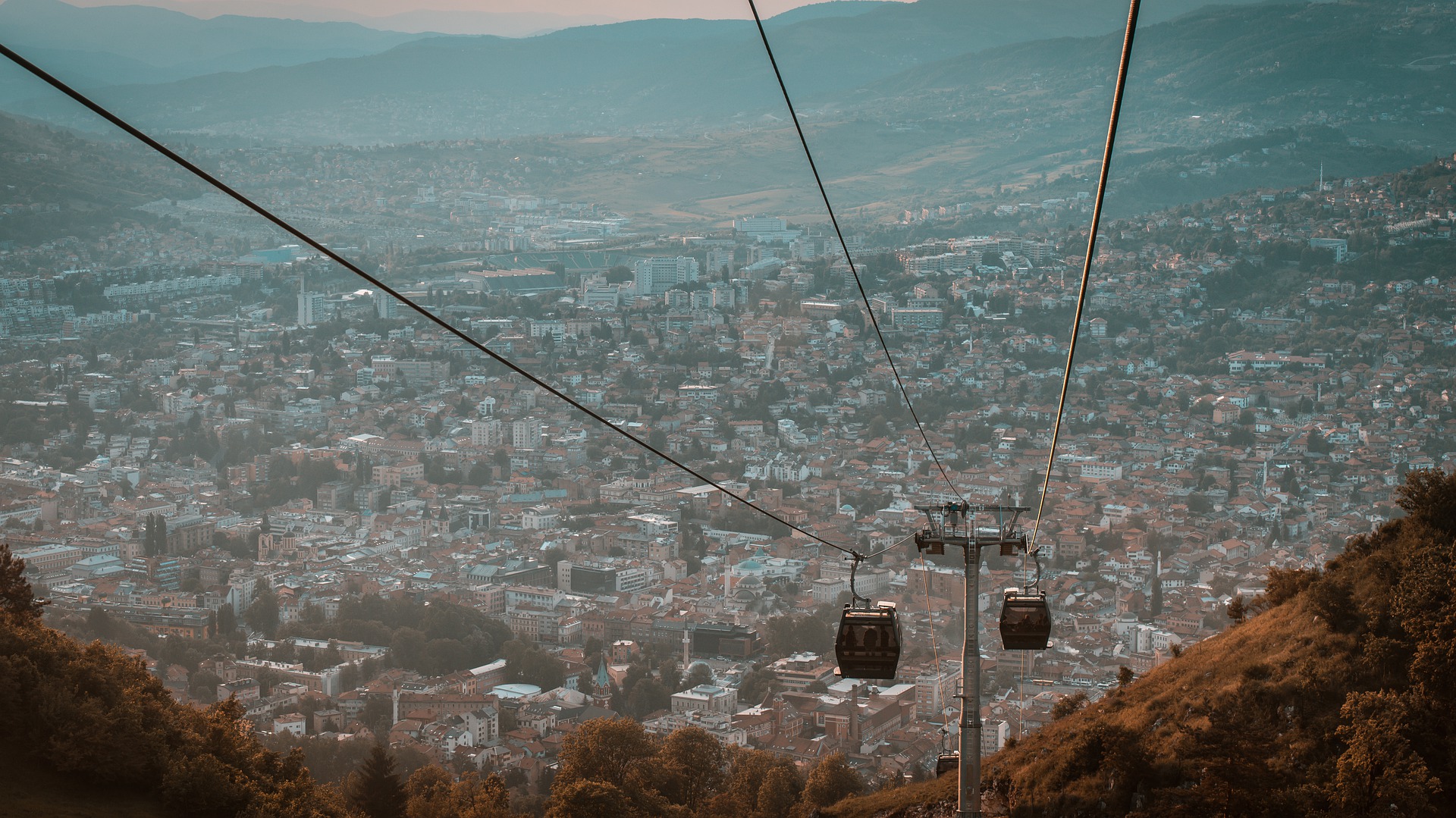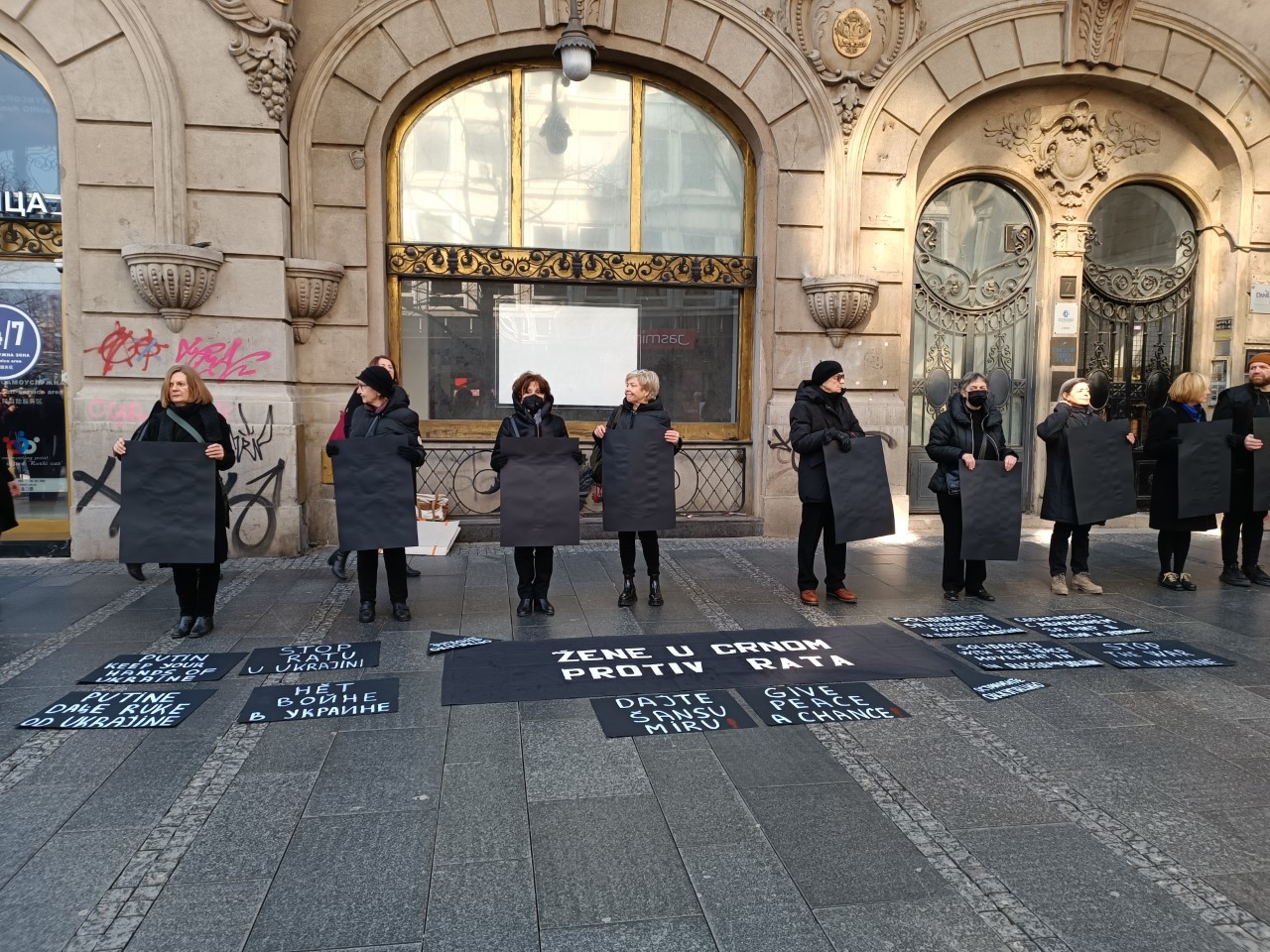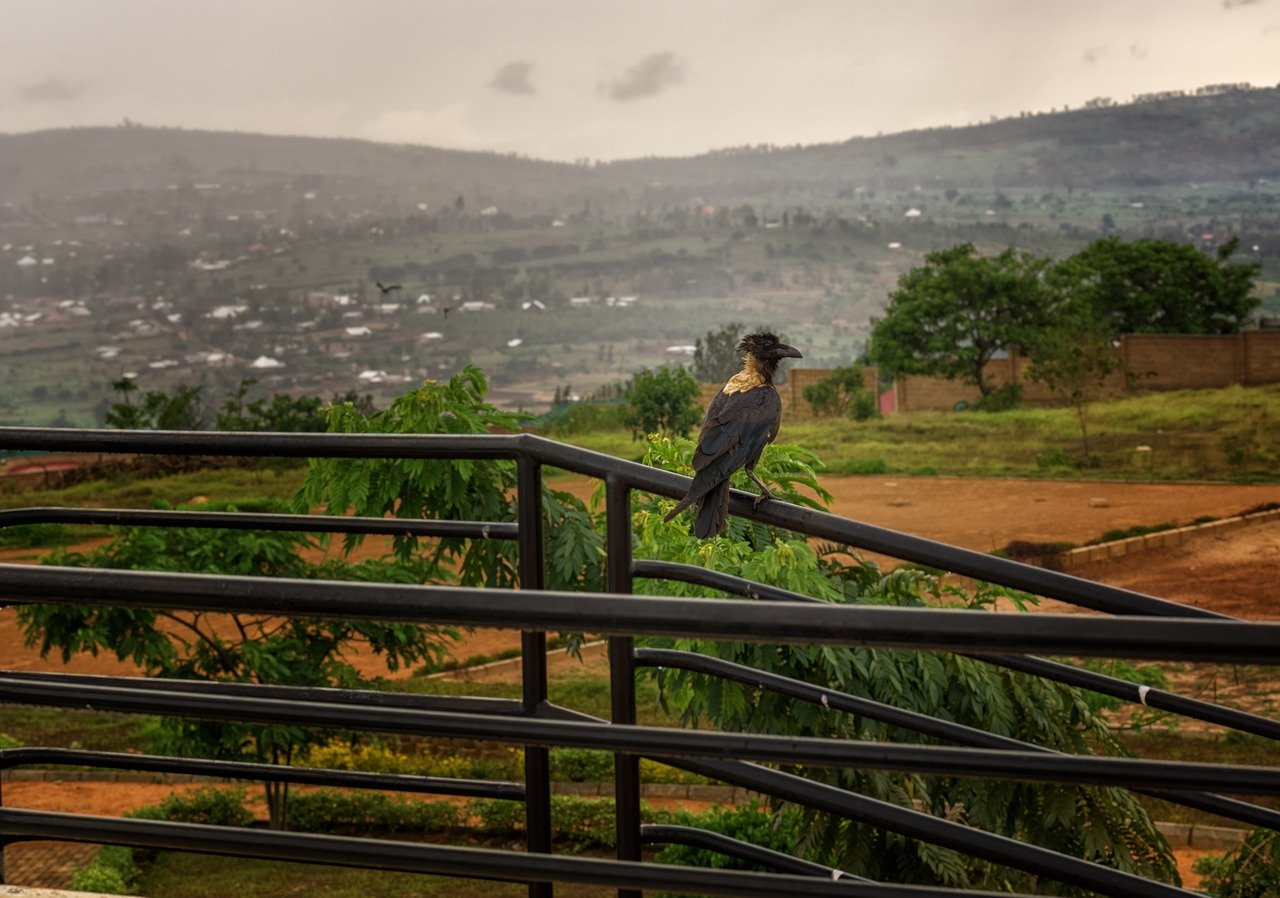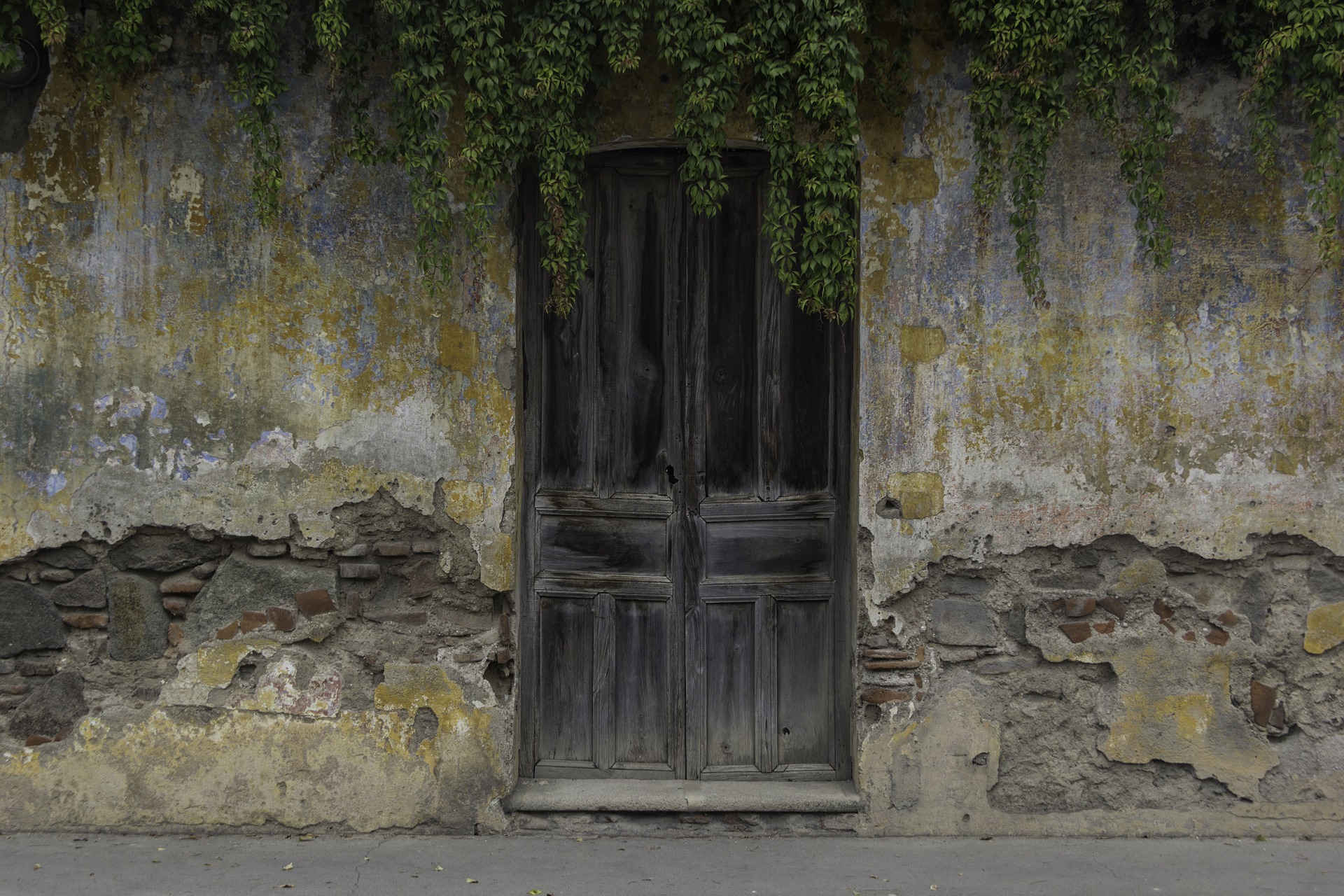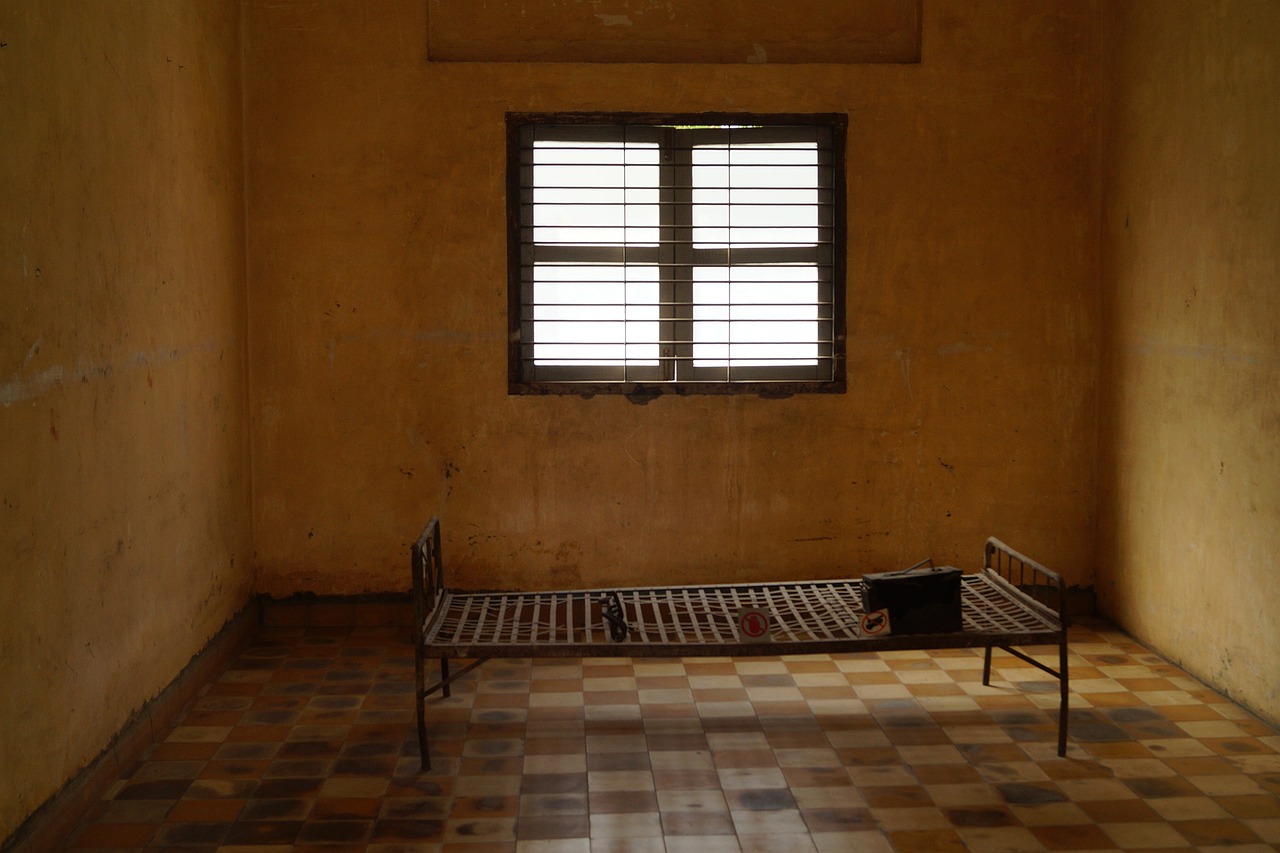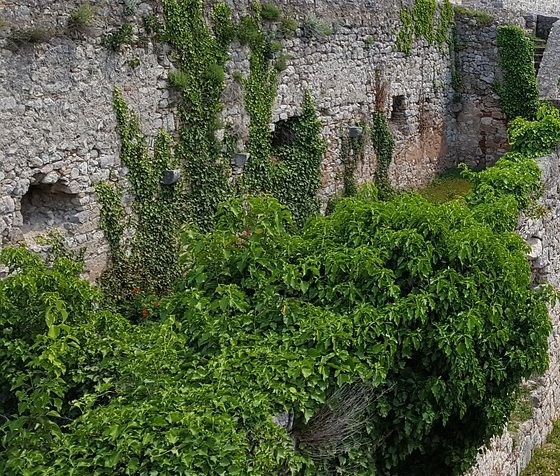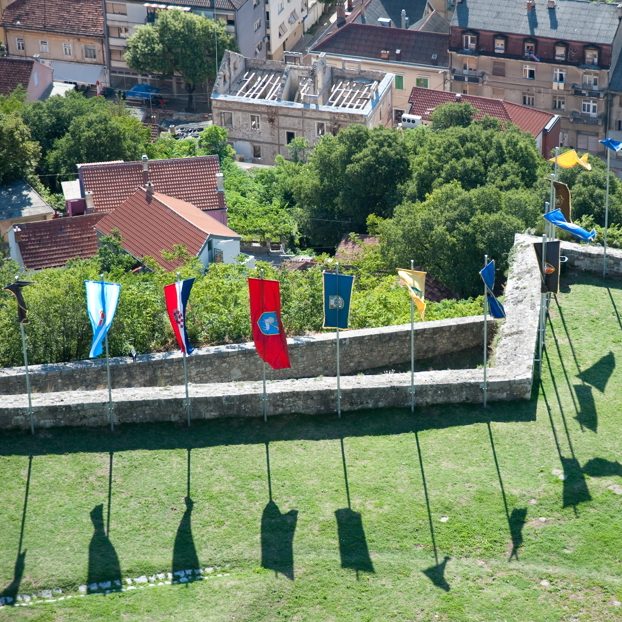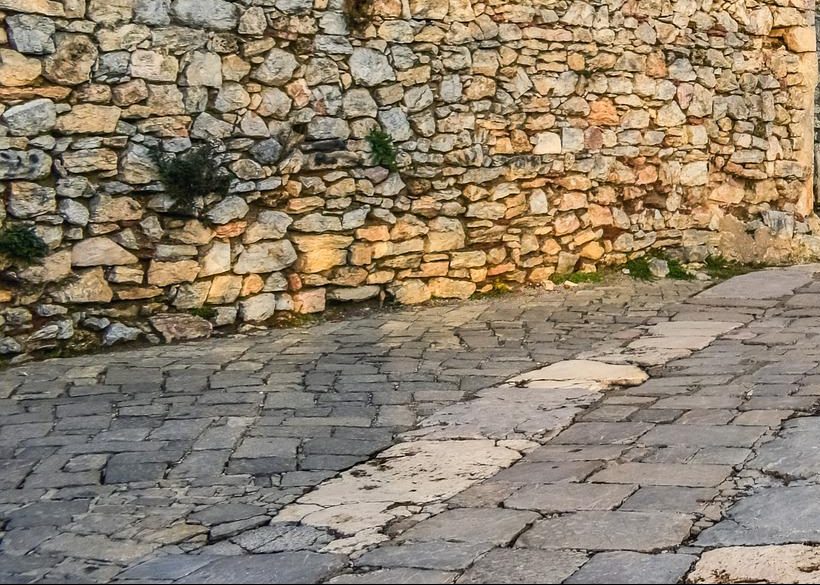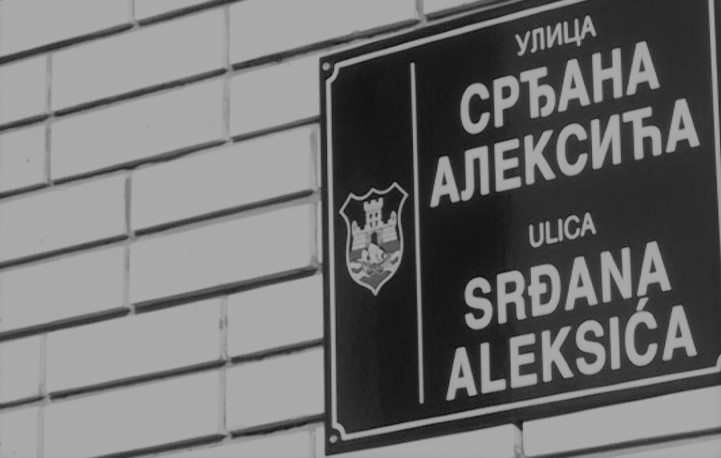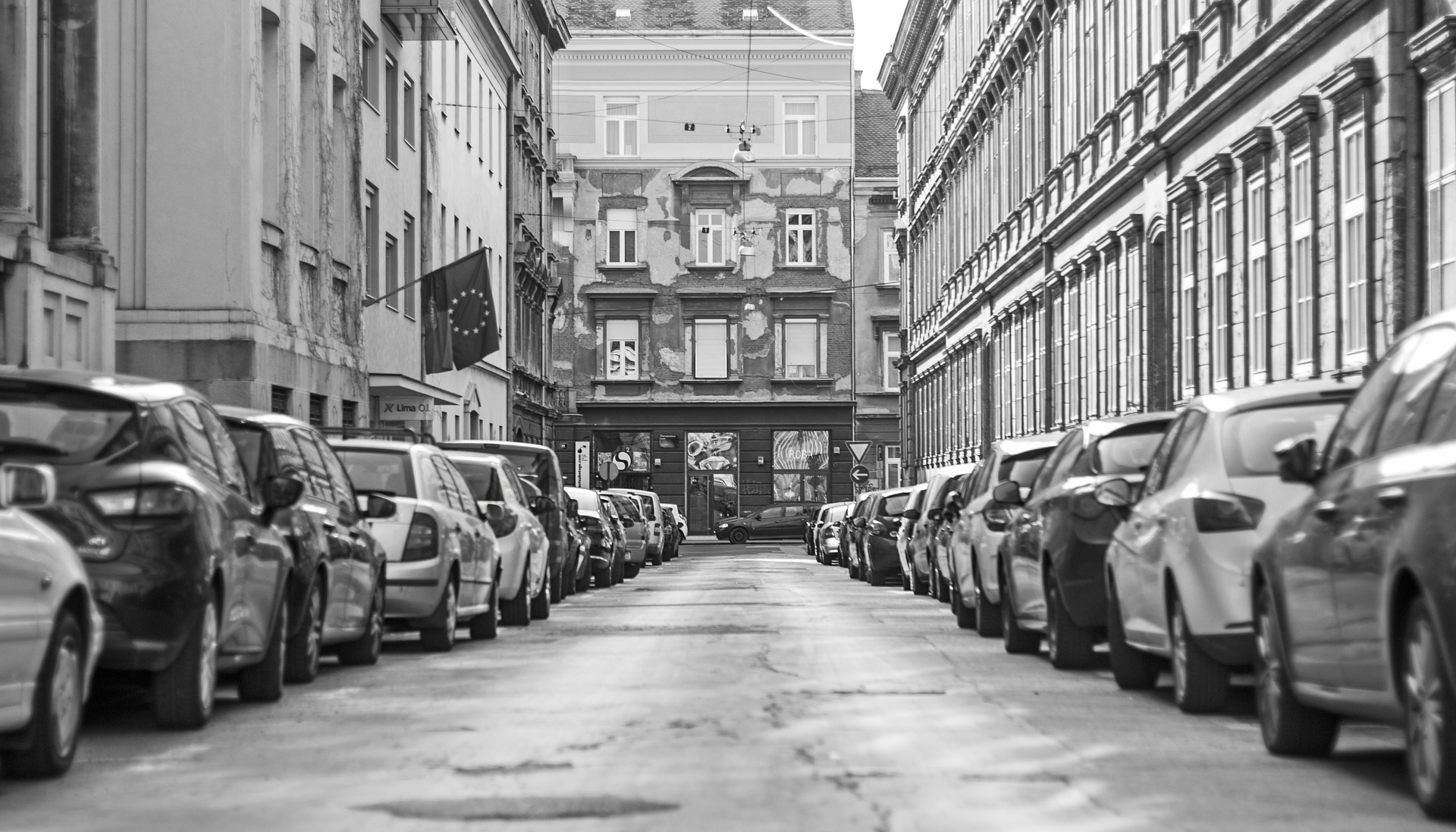The end of the armed conflict in Bosnia and Herzegovina in November 1995 seemed to be the most necessary and important achievement of the General Framework Agreement for Peace in Bosnia and Herzegovina. This document, also known as the Dayton Agreement, defined a compromise on a common state that would function once the armed conflict ended. The Dayton Agreement regulates the current political and institutional structure of the state because the Bosnian-Herzegovinian Constitution is an integral part of the peace agreement. The Dayton Agreement was never officially translated into Bosnian-Herzegovinian and only its constitutional annex on the Brčko District of Bosnia and Herzegovina is in local languages; state symbols are ‘neutral’ and imposed; the anthem has no lyrics; and the original copy of the peace agreement – including the state constitution, is lost in Bosnia and Herzegovina.
In this discontinuity of identity and constitution and the lack of commitment to reconciliation, we have lost the peace. We have lost the peace not as an abstract term but as a necessary element in the post-war reconstruction of the state and society. The Dayton Agreement replaced the citizens with ethnic groups to the general satisfaction of the leading political forces, obscuring the processes of dealing with the past and building of trust. In fact, we seem to have settled for negative peace as a mere cessation of the armed conflict.
“Today is a unique opportunity to send a message in the right way to point out the importance of strengthening trust, peace and mutual respect among all peoples and citizens in Bosnia and Herzegovina, all its parts, entities, Brčko District of BiH, cantons, cities and municipalities,” says the Joint Statement of the members of the BiH Presidency on the occasion of the 25th anniversary of the Dayton Agreement. Even this statement could be called progress – bearing in mind the fact that it was jointly signed by all three members of the Presidency, and also in regard to its content; however, isn’t this just another trivial claim, that is accurate, but also empty? Beyond this statement, the official attitude towards reconciliation in practice is different. Political elites have used the last 25 years to deepen the divisions in BiH, ethnicise every segment of society, turn internal borders into dividing lines – and their policies still function flawlessly on the narratives that deny and/or glorify war crimes and criminals, while the victimological narrative is unscrupulously commercialised and used for personal and political manipulations.
The freezing of the conflict by the Dayton Peace Agreement enabled the prolonged effects of the wars. The culture of impunity is intertwined with official war narratives, and political will for a systematic and responsible approach to the peacebuilding process is non-existent. The official relationship to the past thus serves the purpose of maintaining a permanent state of conflict and becomes a part of the political mainstream action.
Terrible crimes were committed in Bosnia and Herzegovina – genocide, ethnic cleansing, rapes, mass executions, camps, torture. For many years, the focus has been on the judicial response to the committed crimes, and the war in Bosnia and Herzegovina is probably one of best-documented because of these trials, collected evidence, testimonies, documentation. However, that is not enough – established facts and verdicts are ignored, neglected, denied in public and court decisions are not recognized. Bosnian society faces open denial, minimization, justification and approval of crimes and judicially determined facts , both in terms of the responsibility of the perpetrators and in terms of denying that the crimes took place at all. Over time, there has been an escalation and intensification of this rhetoric in line with daily political events, which normalizes and institutionalizes such behaviours in public while there is a lack of moral and social responsibility of persons who deny, minimize, justify or approve the crimes and facts established in criminal proceedings for genocide, war crimes and crimes against humanity.
“This day is an opportunity to remind of the obligation to sympathise with the pain and suffering of members of all nations and citizens, and the obligation to show respect to all innocent victims of war,” the Presidency said, while a vigil for convicted war criminal Praljak was held, the flags of Herceg-Bosnia are flown in public spaces, and streets and public institutions on all ‘sides’ bear the names of war criminals, with their inscription in the public space through murals, monuments and commemorations. These glorifications of war crimes and of their perpetrators revive the war for the victims, who are still far from achieving any form of justice. As for the new generations, they ‘take over’ the one-sided and exclusionary interpretations of the past as facts. Criminal verdicts, which should bring satisfaction and establish crimes as well as acknowledge the suffering of victims and their families, are simply lost on the road to BiH – challenged and selectively accepted, they do not come to life here. This state thus offers comfort in collective ethnicity and collectively shaped memory, almost as the unique way to survive the peace they have created. In the meanwhile, honouring of convicted war criminals takes place, associations and organizations established by war criminals operate or in the form of support to war criminals and promotion of criminal ideology, direct or indirect financial support to convicted war criminals and their families from public budgets continue.
“I know they say he is a convicted war criminal (Radovan Karadžić, author’s note) and all other things, but, on the other hand, I want to say that he is our first president” – illustrates the results of such policies. If we want to see what we have got out of these policies, let’s listen to those who grew up with them. Unfortunately, little or nothing is done to change things, and changes in our context cannot go solely from below or be left to natural ‘overcoming’. This is because the political elites are pretty much stirring the changes in the opposite direction.
If we can say that we realized (not learned!) something from the first 25 years of Dayton life, the first thing is that, with such state officials who represent war positions and ideologies, it is unlikely that Bosnia and Herzegovina will ever achieve anything better than what we currently call ‘peace’. In addition to that, separatist tendencies within Bosnia and Herzegovina and in the countries of the region have persevered through all these 25 years, threatening with new wars and inciting hatred. Victims are further manipulated and still identified according to ethnic criteria – their suffering is acknowledged only within their own ethnic group. Each segment of life is shaped by the model of two entities and three constituent nations, including education, media, and the judiciary. An institutional approach to dealing with the past is missing, while work on reconciliation has been left almost entirely to civil society, whose work has often been silenced.
The commemoration of these 25 years of the Dayton Agreement is therefore not a commemoration of peace in BiH, but a note of its fragility and disintegration.
As this text was being finished, the state prosecutor’s office filed an indictment against three members of the Ravna Gora Movement , and a plaque with the name of convicted war criminal Radovan Karadžić was removed from the student dormitory in Pale. The first happened because, in March 2019, in the area of Višegrad, national and religious hatred, discord and intolerance among the constituent peoples were publicly provoked and incited through the glorification of the Ravna Gora Movement, through the gathering and lining up and playing and singing a song glorifying the Chetnik movement with the lyrics that express a threat or violence. This caused anxiety and fear among the population, especially returnees and citizens of Višegrad and surrounding towns. The removal of the plaque happened, as presented, due to “political abuses” of the character and acts of a war criminal, but in fact it was under the pressure from the international community (High Representative for BiH Valentin Inzko demanded the removal of the plaque from BiH Presidency Chairman Milorad Dodik, threatening him with sanctions). What the two events have in common is that they refer to the end of the practice of post-conflict glorification of war crimes and criminals. Is this a sign that change is coming? Maybe, but it could be just an attempt to return to the early stages of peace-building in BiH. We cannot expect the lost peace to come to Dayton BiH without dealing with the past, and that requires responsibility at all levels and on all our sides. Whether we are in the Dayton or the Brussels phase.
Lejla Gačanica
